
Supply Chain Disruptions: Continuing Challenges and Solutions in 2024
Supply chain disruptions continue to pose challenges for global trade. This article explores the ongoing issues and potential solutions to mitigate their impact on the economy.

Supply chain disruptions continue to pose challenges for global trade. This article explores the ongoing issues and potential solutions to mitigate their impact on the economy.
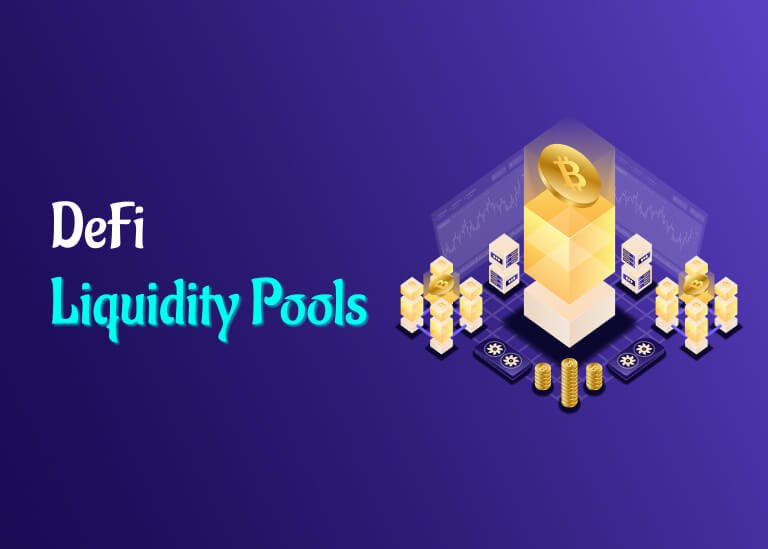
Liquidity pools are fundamental to DeFi, enabling users to pool their assets to provide liquidity for trading pairs, thus ensuring smoother and more efficient markets.
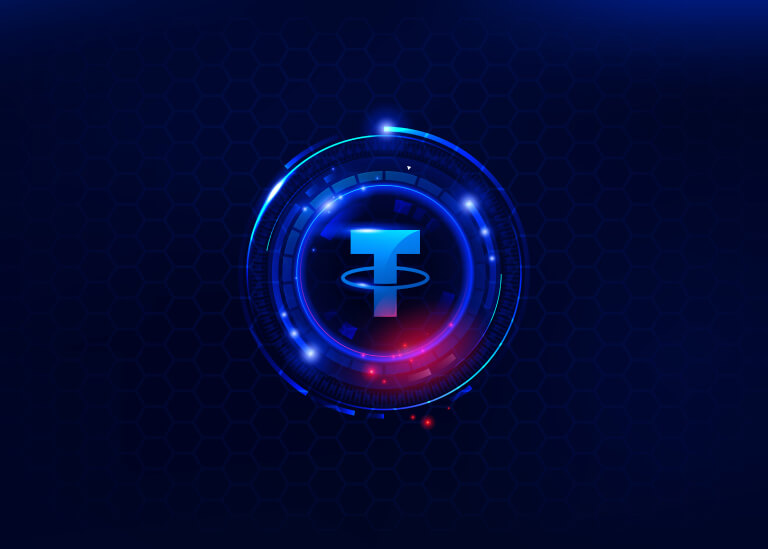
Governance tokens empower users to participate in the decision-making processes of DeFi projects, fostering a community-driven approach to development and management.

Stablecoins play a crucial role in DeFi by providing a stable value that facilitates transactions, lending, and borrowing, anchoring the ecosystem amidst market volatility.
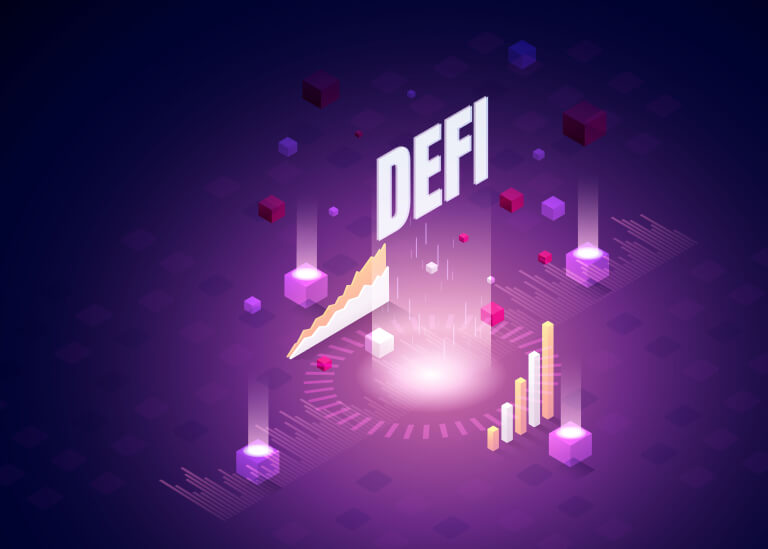
Yield farming has become a popular strategy for earning high returns in DeFi, involving the staking or lending of crypto assets to generate passive income.

The pound sterling continues to navigate the post-Brexit economic landscape. We assess how the pound is holding up amid ongoing trade negotiations and economic changes.
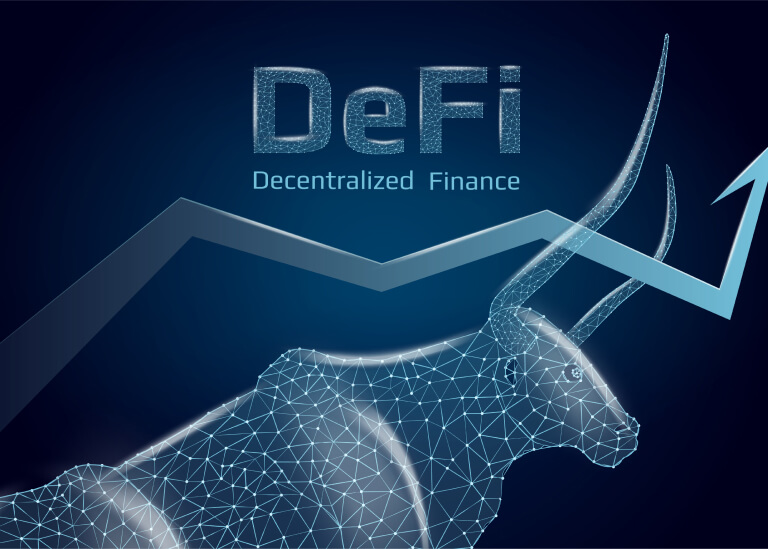
Discover how DeFi lending and borrowing platforms are disrupting traditional financial systems by providing peer-to-peer services with greater accessibility and lower costs.

Often referred to as the silver to Bitcoin's gold, Litecoin offers faster transaction times and lower fees. This article explores Litecoin’s origins, its technological differences from Bitcoin, and its role in the cryptocurrency market.
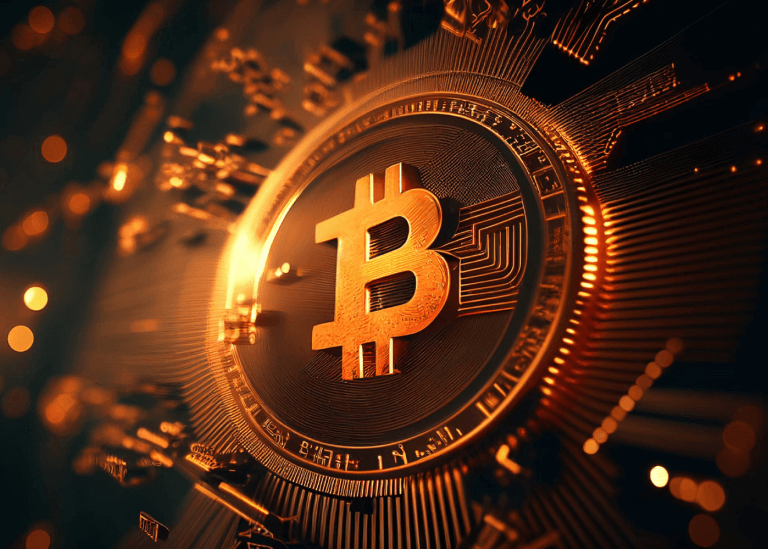
Bitcoin's influence on the global economy is growing as more individuals and institutions adopt it. This article examines the broader economic implications of Bitcoin, including its role in inflation hedging, cross-border transactions, and its potential to disrupt traditional financial systems. Discover how Bitcoin is shaping the future of finance.
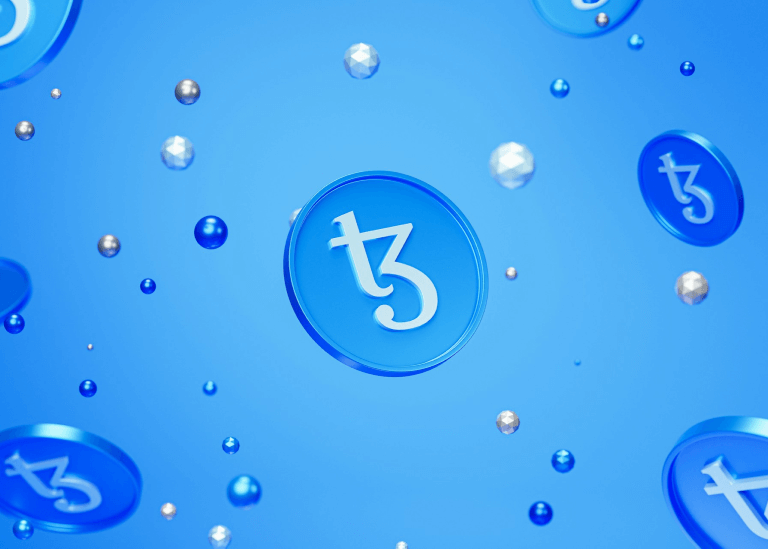
Tezos introduces a self-amending blockchain that allows for protocol upgrades without hard forks. This article investigates Tezos’ on-chain governance model, its consensus mechanism, and how it aims to maintain long-term scalability and security.